Committed to the sustainable
development of the Amazon
LET'S TALK NUMBERS!
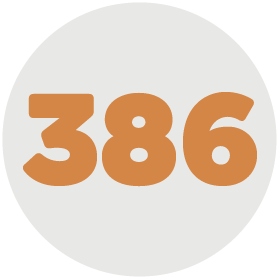
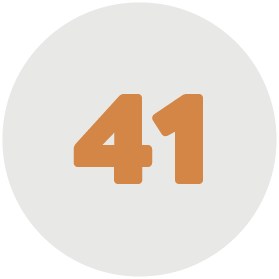
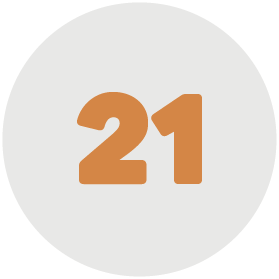
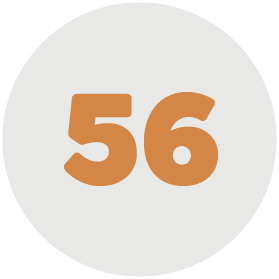
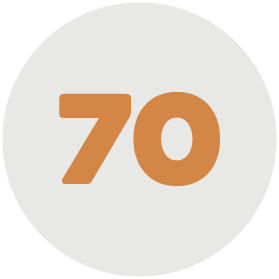
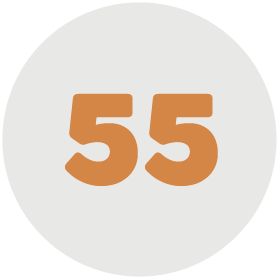


The Project: Peruvian Amazon nut for the World
In 2020 we team up with IDB LAB and local nut collectors to strengthen our productive chain by improving our gathering, processing and traceability processes and technologies to increase the quality, food safety and management, in order to have a positive impact in all the stakeholders involved in our business.
Our goal is to increase the income of the families in all stages of our productive chain.

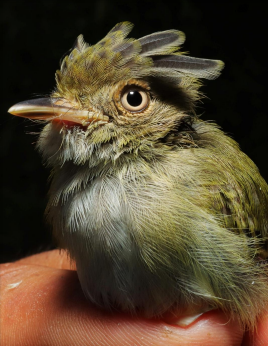
We help to preserve the Amazon Rainforest and its biodiversity
Brazil nut collectors protect the forest from logging and illegal mining which are the main activities in the Madre de Dios Region of Peru.
Within the project framework learn this here now, we have studied the wildlife in different Brazil nut concessions. The study revealed our activity doesn’t affect the wild life at all, species in danger and new species were found during this fieldwork.
We are working on reducing the logged area in the forest by doing sustainable agriculture of Brazil nuts and other products.
Our people is the main reason of the success of our business
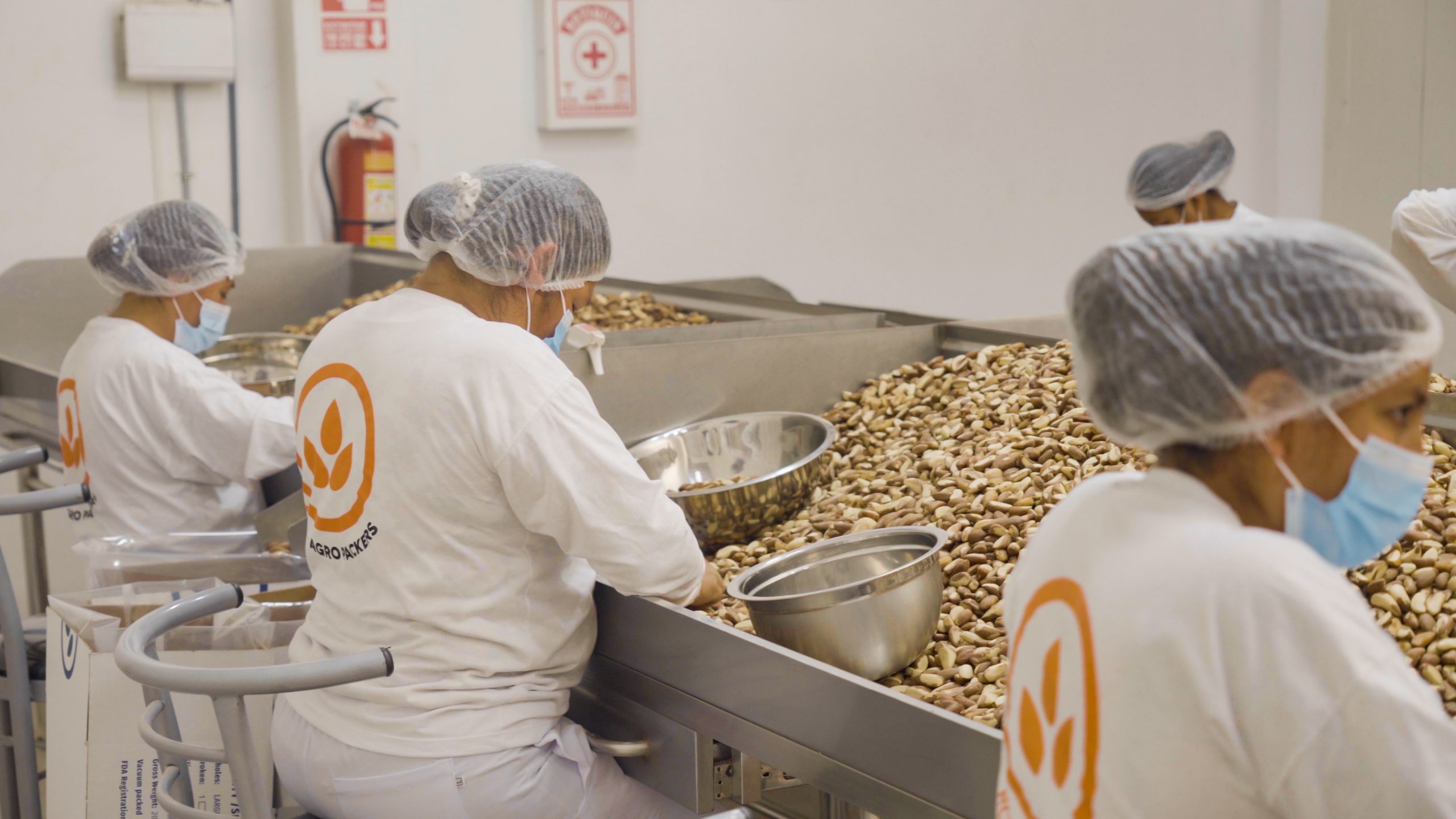
We have trained all of our collectors in good practices and organic certification, and we also have a program of psychosocial assistance.
All of our processing facility workforce had received HACCP and Organic certification training. In addition, we have implemented in our operations a social and environmental system which every member of RCR have been trained, this had developed key skills for our industry.
We also started a Young Leaders Program to involve collector´s sons and nieces in the Brazil nut business and to be part of our holistic business model, they will receive full scholarships for their university studies.
Innovation: From trees to tables
We have developed a new traceability system that let us and our customers know the source, the processes and the story behind of every single batch of Brazil nuts. We are working towards being a completely green operation, our main fuel is our waste (Brazil nut shell) and the cycle will be closed when we finish setting solar panels (2023).